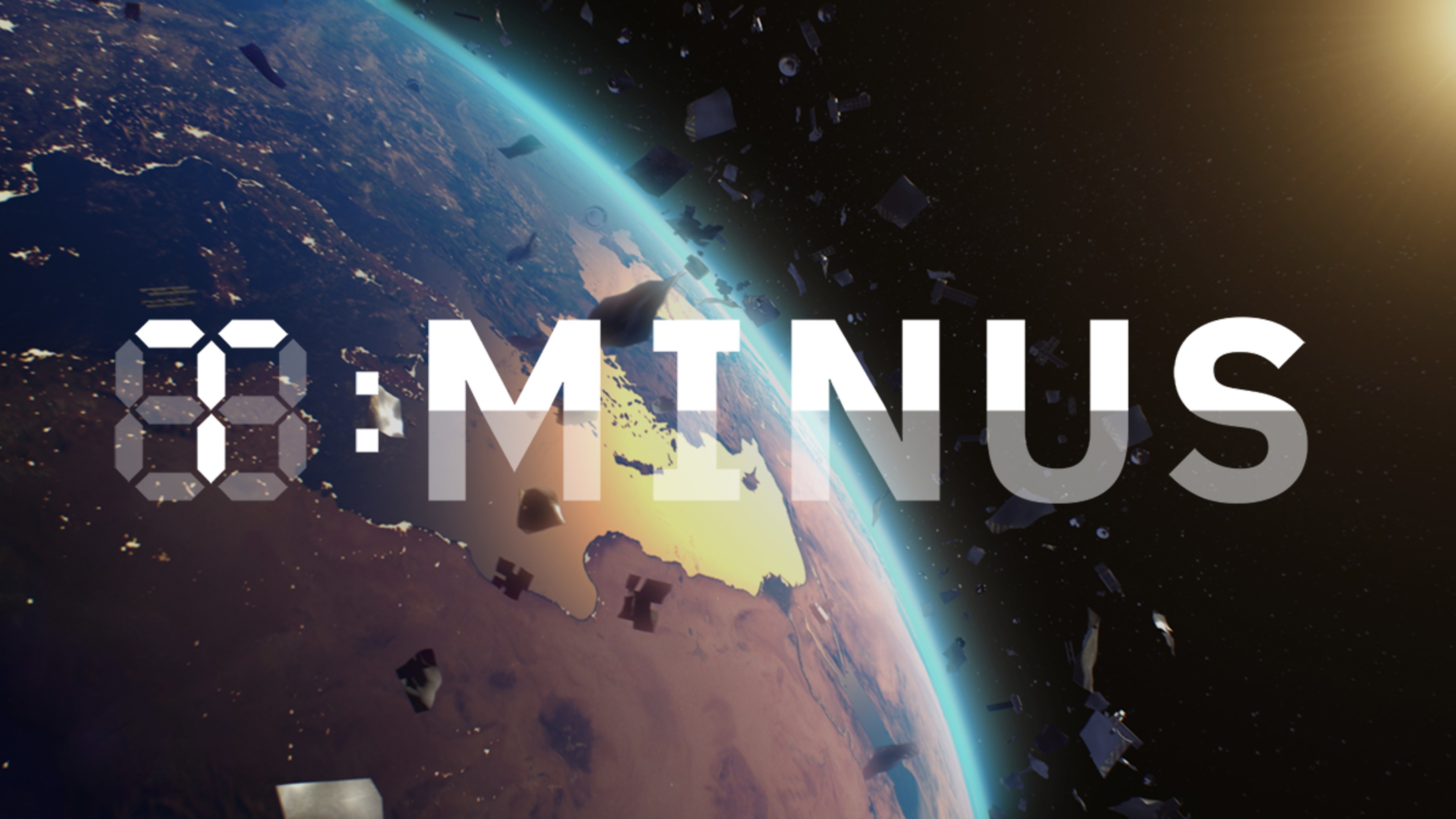“You Lookin’ At Me?”

We all suspect we’re being watched. Sometimes it’s obvious like when you see CCTV cameras peering at you from every street corner in London (London is perhaps one of the most heavily monitored cities in the world). We tend to be forgiving of governments that intrude in our lives in the name of providing a semblance of security. But we’re surreptitiously also being watched by companies and their motives are far less altruistic. Amazon, Facebook, Google, as well as Apple: they all follow us as we navigate the Web, meticulously noting what, when, and how we go about our daily lives. The reports are then crunched ad nauseum by computers who never tire of running dry statistical models, slicing and dicing the numbers till they come up with the magic answer: how can we monetize this unit (this unit being you)?
In the future, the intensity of online corporate scrutiny will explode. Two things will spur this race towards a Virtual Stasiland. First, the explosion of sensors throughout the world. For the past two decades, we have managed to connect almost 2 billion people on the Internet. The next revolution: the Internet of Things, where everything from our laptop to our phone to even our coffee mug is connected to each other. By 2014, one trillion devices will be connected in this way. Laced with tiny sensors smaller than the head of a pin, everyday devices will constantly log our actions and interactions, sending this information back to corporate headquarters. Now your favorite company not only follows you while you’re browsing the Web but also when you’re taking a walk, dining at a restaurant, exercising at the gym, and having your yearly cleaning done at the dentist. Today, you blast your location using check-in at FourSquare or Gowalla. Pretty soon, your phone will do it for you. And while you sit outside, enjoying brunch and soaking in the sun, the billboard across the street will be thoughtfully staring back at you. Developed by Neurofocus, a breed of curious billboards are now on sale which follow the movement of your gaze, jotting down where it rests for a trillionth of a second more to tweak and improve marketing messages. These are just some examples of the pervasive and invasive power of Ubiquitous Computing, the buzz term for the net of sensors and related data network coming our way.
The second driver accelerating the ability to monitor our everyday lives is the precipitous fall in computing price and storage price. Ray Kurzweil, ueber-inventor, futurist and author of The Singularity Is Near, likes to point out that within a decade the size of a computer shrunk from that of a large room to fit in the palm of your hand, while becoming a million times cheaper and a thousand times more powerful. This rise in performance per dollar means that companies have no downside to storing data. Chris Anderson, author of Free: The Future of a Radical Price and Editor-in-Chief of Wired Magazine told us recently, “Before you needed a reason to collect data, now you do it just because you can. It costs you almost nothing.” Nothing like a free lunch to motivate capitalists.
Ayesha and Parag Khanna explore human-technology co-evolution and its implications for society, business and politics at The Hybrid Reality Institute.
Image courtesy the film The Lives of Others




